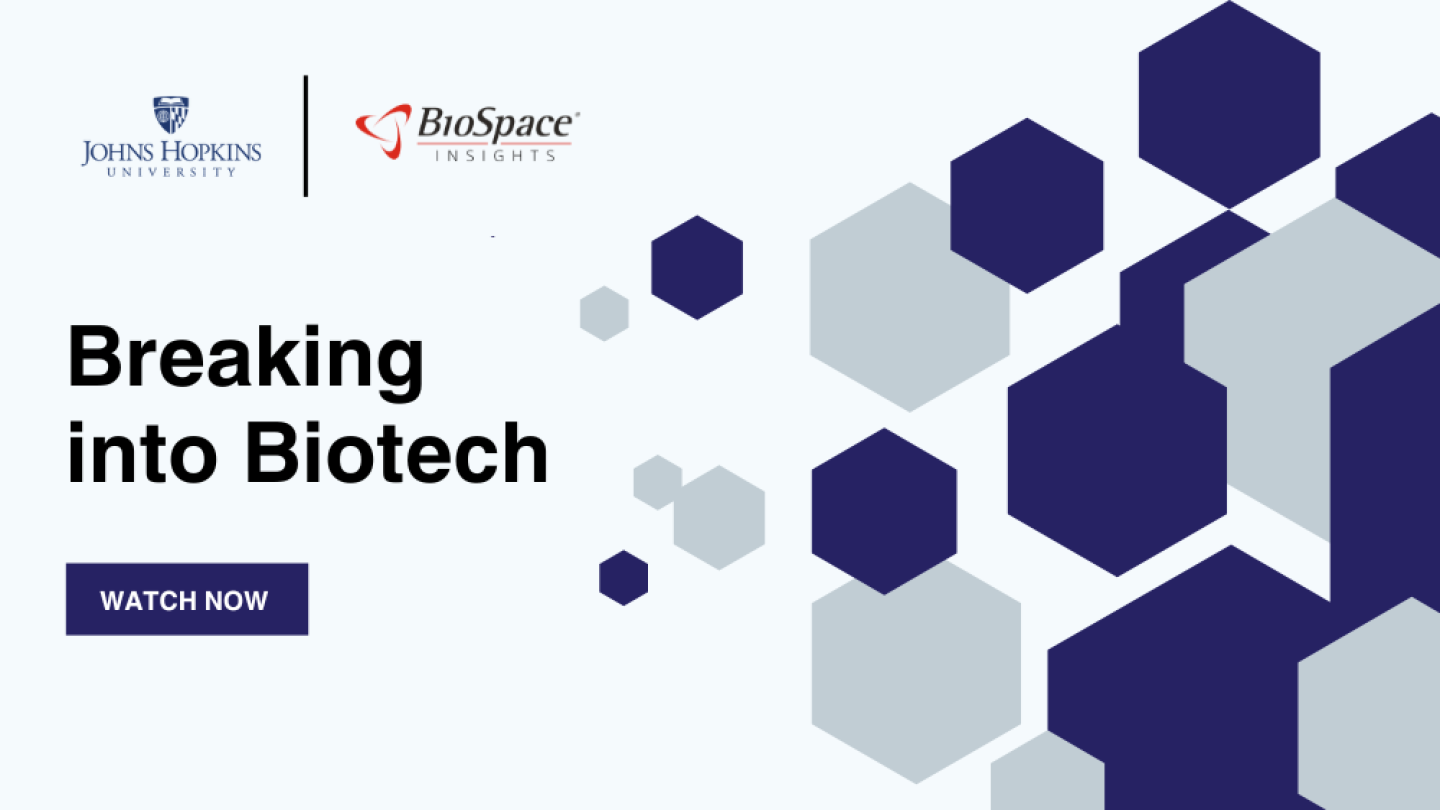Interviews
Biopharma professionals have become increasingly likely to be dishonest when interviewing for jobs, based on BioSpace interviews with three talent acquisition experts. The experts discuss the reasons why as well as the types of fraud happening, including people posing as applicants.
Transparency doesn’t drive people away. It attracts the right ones and keeps them committed. Leadership coach Angela Justice discusses the problem with leaders only selling the upside and the value of setting accurate expectations from the start.
Sometimes, job interviews stand out for all the wrong reasons, including odd settings, off-topic topics and questionable decorum. BioSpace collected several stories that highlight biopharma professionals’ strangest experiences as they pursued employment.
Learn about making the most of interview feedback, navigating bonus clawbacks and networking for niche roles.
As they navigate a competitive job market, biopharma professionals are making four key interview mistakes, according to two talent acquisition experts. They discuss those errors and offer tips for how to get those critical conversations right.
A BioSpace LinkedIn poll found that job ghosting and ghost jobs are the biggest pet peeves for applicants now. Recruitment Manager Greg Clouse offers advice on dealing with them.
Plus, how to use your network effectively and create job opportunities before they exist
When hiring job candidates to work on cell and gene therapies, companies look for more than just technical skills. Talent acquisition executives from Bristol Myers Squibb and Intellia Therapeutics offer an inside look at what they want in an employee.
Candidates looking to enter biotech should focus on cultivating key skills, thoughtfully crafting their resumes and putting their best, most authentic foot forward in interviews. An internship, co-op or fellowship won’t hurt, either.
This webinar will help you discover effective strategies for launching your career in biotechnology. You will gain valuable insights from industry experts and leave with the essential tools you need to thrive in this dynamic field.










